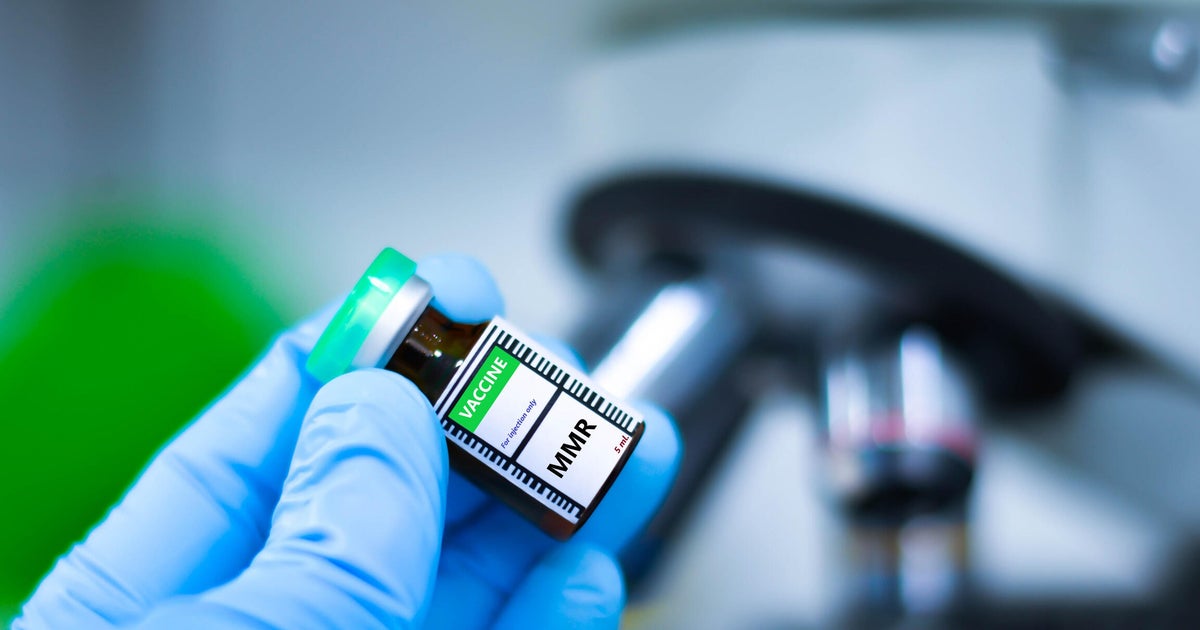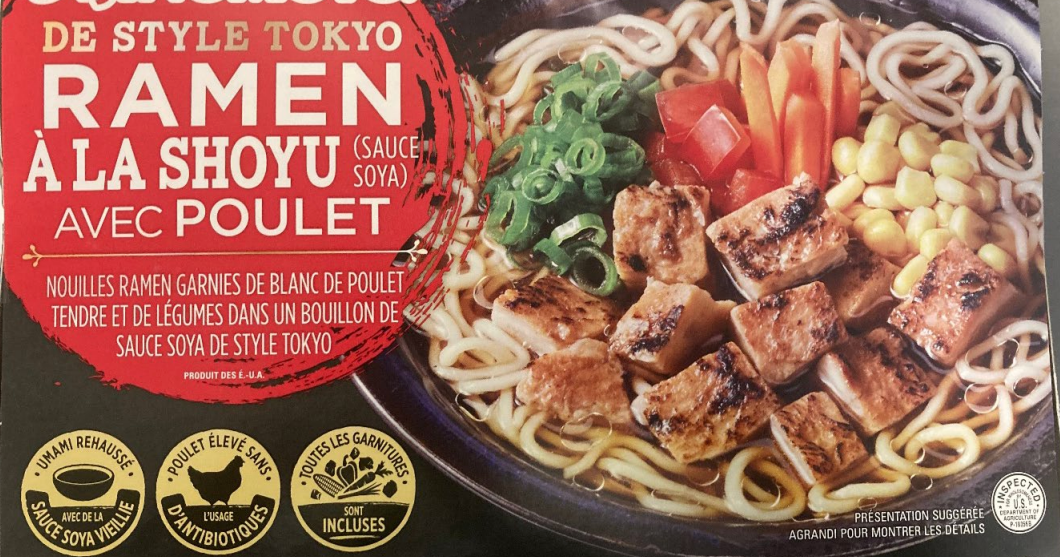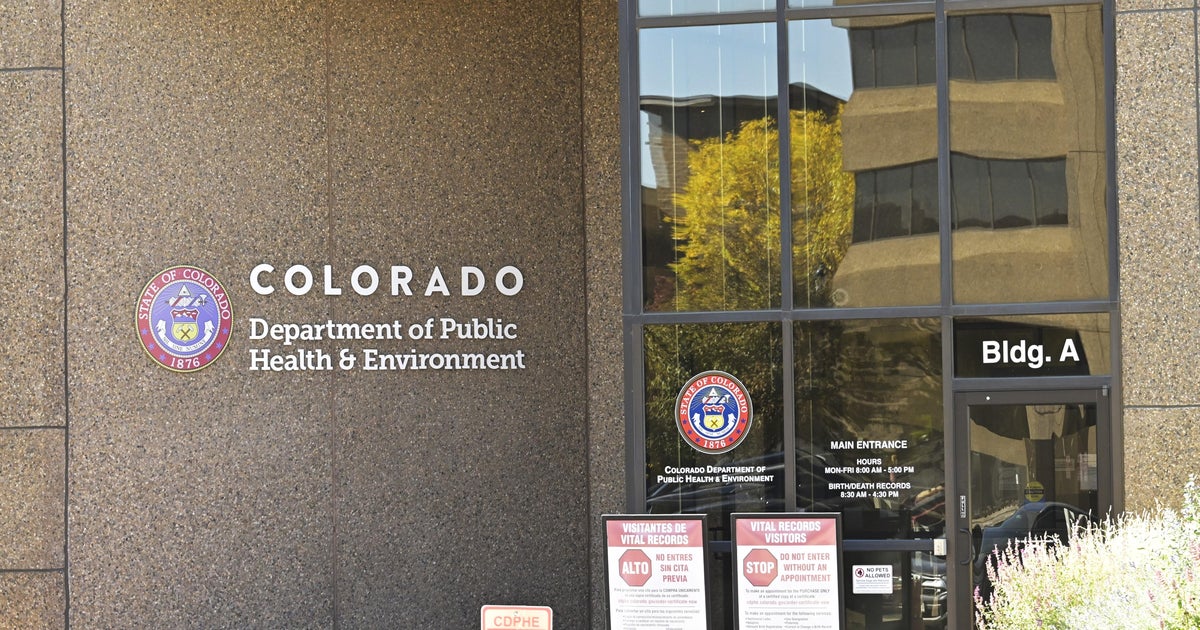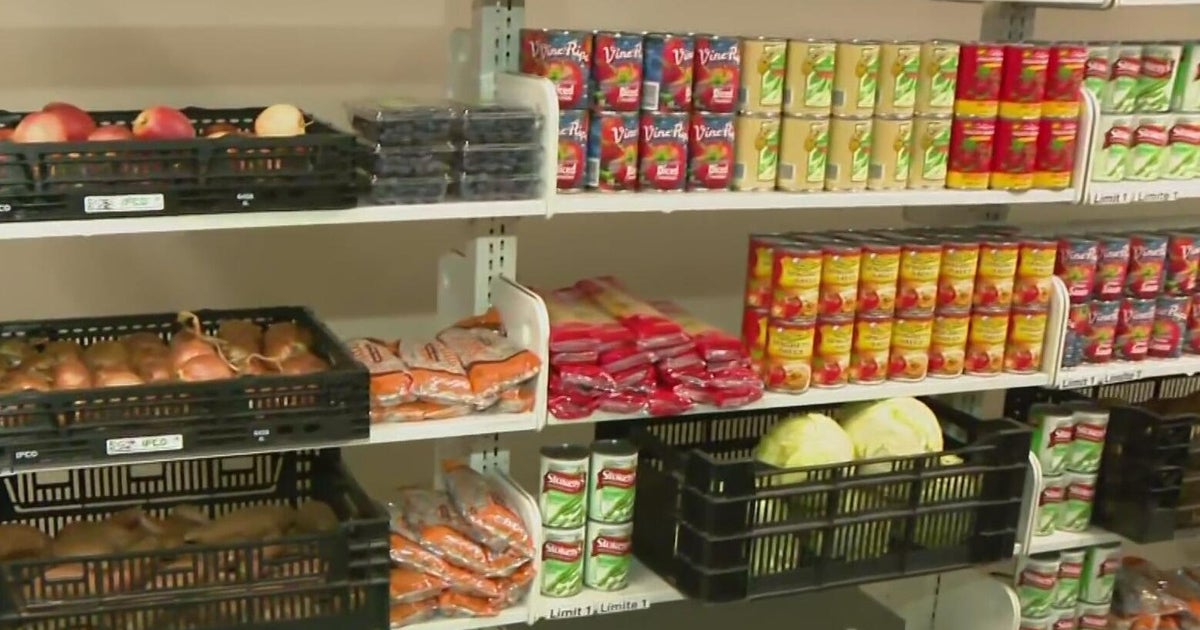Cargill Recalling Ground Turkey After Sacramento Salmonella Death
SAN FRANCISCO (CBS / AP) -- Meat giant Cargill is recalling 36 million pounds of ground turkey linked to a nationwide salmonella outbreak that has killed one person in California and sickened at least 76 others.
Illnesses in the outbreak date back to March and have been reported in 26 states coast to coast.
Cargill said Wednesday that it is recalling fresh and frozen ground turkey products produced at the company's Springdale, Ark., plant from Feb. 20 through Aug. 2 due to possible contamination from the strain of salmonella linked to the illnesses.
Federal health officials said grocery store club cards helped track down the source of a salmonella outbreak.
"In each of the three cases shopper card information was very helpful to us in making these determinations," said Dr. David Goldman with the USDA Food Safety Inspection Service.
KCBS' Margie Shafer Reports:
"Given our concern for what has happened, and our desire to do what is right for our consumers and customers, we are voluntarily removing our ground turkey products from the marketplace," said Steve Willardsen, president of Cargill's turkey processing business.
The Minnesota-based company said it was initiating the recall after its own internal investigation, an Agriculture Department investigation and information about the illnesses released by the CDC this week.
KCBS' Doug Sovern Reports:
All of the packages recalled include the code "Est. P-963" on the label, according to Cargill. The packages were labeled with many different brands, including Cargill's Honeysuckle White.
The CDC said this week that cultures of ground turkey from four retail locations between March 7 and June 27 showed contamination with the same strain of salmonella, though those samples had not been specifically linked to the illnesses. The CDC said preliminary information showed that three of those samples were linked to the same production establishment, but it did not name that plant.
A chart on the CDC's website shows cases have occurred every month since early March, with spikes in May and early June. The latest reported cases were in mid-July, although the CDC said some recent cases may not have been reported yet.
The CDC said the strain is resistant to many commonly prescribed antibiotics, which can make treatment more difficult. The agency said 38 percent of those sickened were hospitalized.
The states with the highest number sickened were Michigan and Ohio, 10 illnesses each, while nine illnesses were reported in Texas. Illinois had seven, California six and Pennsylvania five.
Of the six cases of Salmonella Heidelberg in the state, one victim from San Francisco reported the infection in June, health department officials said.
State health officials have also confirmed that one fatality from the contamination was reported in Sacramento, where another non-fatal case was also identified. Both had exposure to ground turkey, said Patrick Kennelly, chief of the Food Safety Section of the California Department of Public Health.
Salmonella Heidelberg, which is resistant to many commonly prescribed medications, has also infected individuals in Los Angeles, Riverside and San Diego counties.
Eileen Shields, spokeswoman for the San Francisco Department of Public Health, said she did not know if ground turkey was a factor in the city's reported infection.
Since the outbreak was first reported in March, 77 people in 26 states have fallen ill, according to the health department. California is one of five states with six or more cases of the bacteria.
The one reported instance in San Francisco does not yet necessitate an investigation, city health officials said.
"In general, when we have more cases than expected clustered in some way, such as linked in time or location, we would consider if a possible outbreak needed to be investigated," said Dr. Susan Fernyak, director of San Francisco Department of Public Health's Communicable Disease Control and Prevention.
The state health department is advising safeguards against Salmonella infection. Officials recommend thoroughly cooking poultry to 165 degrees, washing all surfaces immediately after contact with raw meat or poultry, and refrigerating raw and cooked meat within two hours of purchasing or cooking.
The remaining states have between one and three reported illnesses linked to the outbreak, according to the CDC: Alabama, Arizona, Georgia, Iowa, Indiana, Kentucky, Louisiana, Massachusetts, Minnesota, Missouri, Mississippi, North Carolina, Nebraska, Nevada, New York, Oklahoma, Oregon, South Dakota, Tennessee and Wisconsin.
The CDC estimates that 50 million Americans each year get sick from food poisoning, including about 3,000 who die. Salmonella causes most of these cases and federal health officials say they've made virtually no progress against it.
Government officials say that even contaminated ground turkey is safe to eat if it is cooked to 165 degrees. But it's also important that raw meat be handled properly before it is cooked and that people wash their hands with soap for at least 20 seconds before and after handling the meat. Turkey and other meats should also be properly refrigerated or frozen and leftovers heated.
The most common symptoms of salmonella are diarrhea, abdominal cramps and fever within eight hours to 72 hours of eating a contaminated product. It can be life-threatening to some with weakened immune systems.
Cargill executive Willardsen said, "Public health and the safety of consumers cannot be compromised."
"It is regrettable that people may have become ill from eating one of our ground turkey products," he said, "and, for anyone who did, we are truly sorry."
"Check refrigerators and freezers to see if any of the items are subject to recall. If the item is unopened, it should be returned to the place of purchase for a full refund or thrown away," Kennelly said.
If the product has been opened, consumers should throw it away and wash their hands thoroughly with soap and water to prevent any illness.
Those infected with Salmonella develop diarrhea, fever, and abdominal cramps 12 to 72 hours after contamination. Typically, the illness last from four to seven days and most recover without treatment. In some cases, the diarrhea may be so severe that hospitalization is necessary.
Anyone experiencing similar symptoms is directed to seek medical attention.
(Copyright 2011 by CBS San Francisco. All Rights Reserved. This material may not be published, broadcast, rewritten, or redistributed.)







